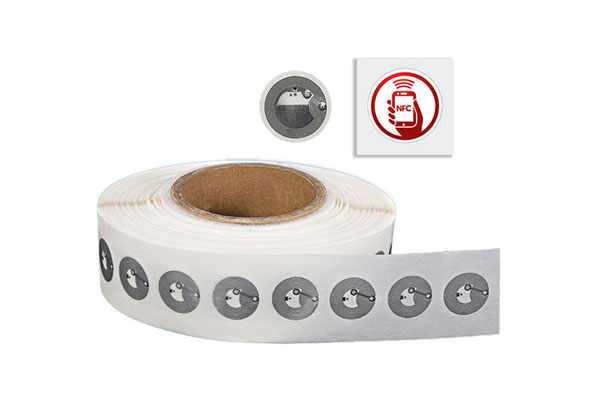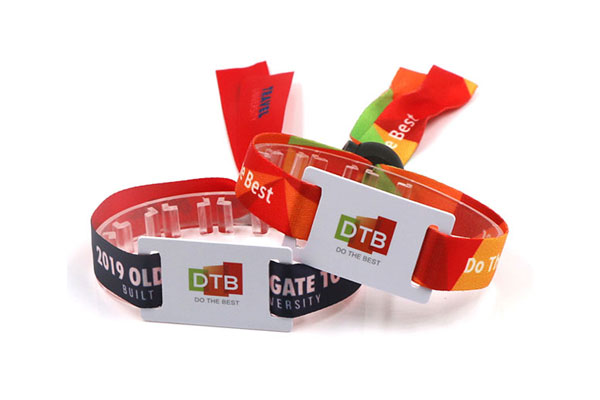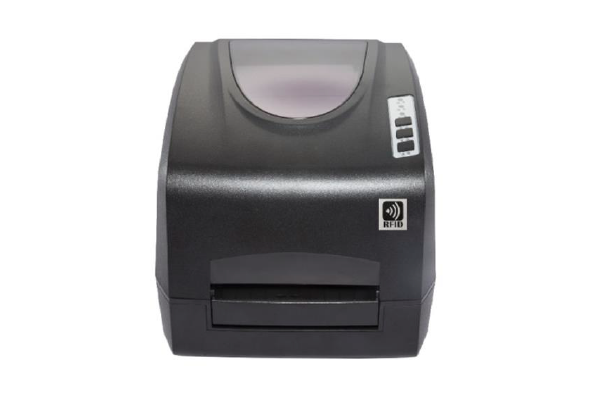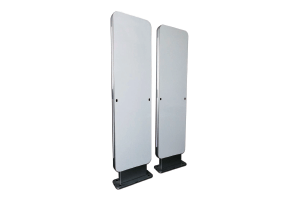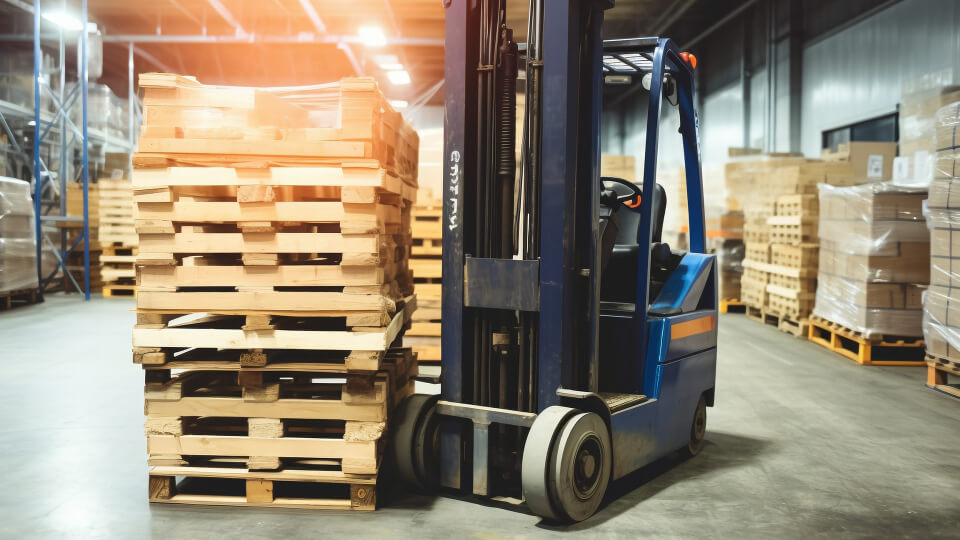In the evolving landscape of logistics and supply chain management, Radio Frequency Identification (RFID) technology has emerged as a game-changer. When combined with pallets, a fundamental component in logistics, RFID tags enhance tracking, inventory management, and operational efficiency. This article delves into the multifaceted applications and benefits of RFID-enabled pallets, exploring their impact across various sectors.
Basic Functions of RFID Pallets
By embedding RFID tags into pallets, companies can transform them into smart pallets. These tags enable the pallets to communicate with readers, providing real-time data on their location, contents, and condition.
RFID-enabled pallets facilitate real-time tracking and data collection, allowing companies to monitor their assets throughout the supply chain. This capability enhances visibility and accuracy, reducing the risk of lost or misplaced goods.
RFID Pallets in Supply Chain Management
In supply chain management, accurate inventory tracking is crucial. RFID pallets streamline inventory management by providing precise, real-time data on stock levels. This reduces discrepancies, minimizes overstock and stockouts, and improves order fulfillment accuracy.
RFID pallets improve logistics and transportation efficiency by enabling seamless tracking of goods. They provide real-time updates on shipment status, allowing companies to optimize routes, reduce transit times, and ensure timely deliveries. Additionally, RFID data can be used to identify and mitigate bottlenecks in the logistics process.
Enhancing Warehouse Efficiency
RFID pallets play a pivotal role in warehouse automation. They enable automated systems to identify and locate items quickly, reducing manual labor and errors. Automated guided vehicles (AGVs) and robotic arms can interact with RFID pallets to streamline picking, packing, and sorting processes.
Traditional inventory counts can be time-consuming and prone to errors. RFID pallets expedite this process by enabling rapid, accurate inventory counts. Warehouse staff can quickly scan entire pallets without having to handle individual items, significantly reducing downtime and labor costs.

Economic Benefits Analysis
Implementing RFID technology involves initial costs for tags, readers, and system integration. However, the long-term benefits often outweigh these expenses. RFID pallets can reduce labor costs, minimize losses from theft and misplacement, and improve overall operational efficiency.
Companies that have adopted RFID pallets typically see a favorable return on investment (ROI). Enhanced inventory accuracy, reduced shrinkage, and improved asset utilization contribute to significant cost savings. Detailed case studies oftenhighlight these financial benefits, providing concrete data to support the economic viability of RFID pallet implementation.
Sustainability and Environmental Impact
RFID pallets contribute to sustainability by reducing waste and energy consumption. Accurate tracking ensures that products are used before their expiration dates, minimizing waste. Additionally, optimized logistics routes and improved inventory management lead to reduced energy usage in warehouses and transportation.
The design and materials used in RFID pallets are also evolving to be more environmentally friendly. Many RFID tags and pallets are now made from recyclable materials, and manufacturers are exploring the use of biodegradable components. This shift towards sustainability helps companies meet regulatory requirements and reduces their environmental footprint.

Challenges and Solutions
Despite its benefits, implementing RFID technology in pallets poses several challenges. These include high initial costs, technical difficulties in integrating RFID systems with existing infrastructure, and the need for standardized protocols.
To overcome these challenges, companies can adopt best practices such as conducting thorough feasibility studies, starting with pilot projects, and working with experienced RFID vendors. Developing a clear implementation strategy and training staff on the new system are also crucial for successful deployment.
Future Development Trends
The future of RFID technology in pallets looks promising, with ongoing advancements expected to drive further innovation. Developments such as increased range and accuracy of RFID tags, improved battery life, and the integration of IoT (Internet of Things) capabilities will enhance the functionality of RFID pallets.
As RFID technology continues to evolve, its applications will expand across various industries. Emerging sectors such as healthcare, retail, and agriculture are expected to adopt RFID-enabled pallets to optimize their operations and improve supply chain transparency.
In summary, RFID-enabled pallets represent a significant advancement in logistics and supply chain management. They offer numerous benefits, including improved inventory accuracy, enhanced warehouse efficiency, and better asset tracking. The integration of energy-harvesting technologies further boosts their sustainability and operational lifespan.


